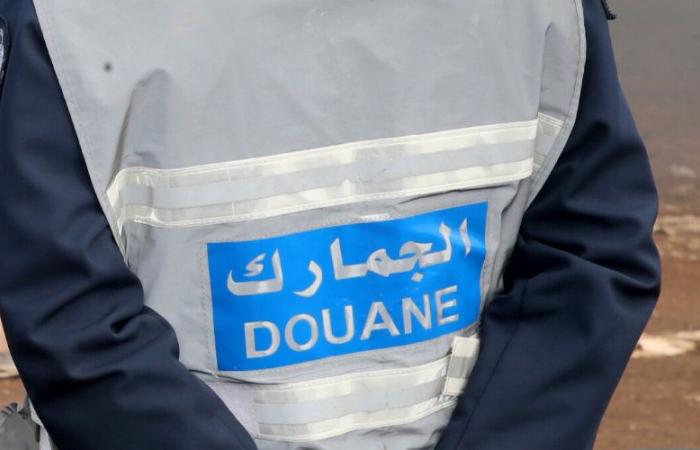Suspected of artificially inflating the value of goods imported from South-East Asia, particularly China and Hong Kong, these companies are said to have illegally transferred large sums of money abroad.
The secret was discovered thanks to the vigilance of the monitoring and analysis services of the national customs brigade. During a check of import transactions, they found glaring anomalies in the invoices, with declared prices well above the real value of the products, sources say. Hespress. Furniture, kitchen utensils, lamps, small tools… the goods imported by these companies, less than three years old, seem banal. But behind these everyday products lies a real money laundering machine.
Read: Moroccan customs: new hunt against meteorite exporters
The international exchange of customs data helped confirm the investigators’ suspicions. Some invoices were allegedly “inflated” up to 70% of their real value! In addition, investigations revealed the existence of a “double invoicing” system set up by organized networks in exporting countries.
Faced with these revelations, Moroccan customs decided to strike hard. In collaboration with the Foreign Exchange Office, they verify the legitimacy of financial transfers linked to these suspicious imports. The exporting companies involved in the fraud were identified and reported to the various border crossings, with the aim of preventing any further fraudulent transactions.
To carry out this hunt for fraudsters, customs relies on their expertise in controlling invoices and on an efficient reporting system. The information provided by the Foreign Exchange Office made it possible to uncover complex financial circuits, with bank accounts opened in the name of shell companies.
Morocco






